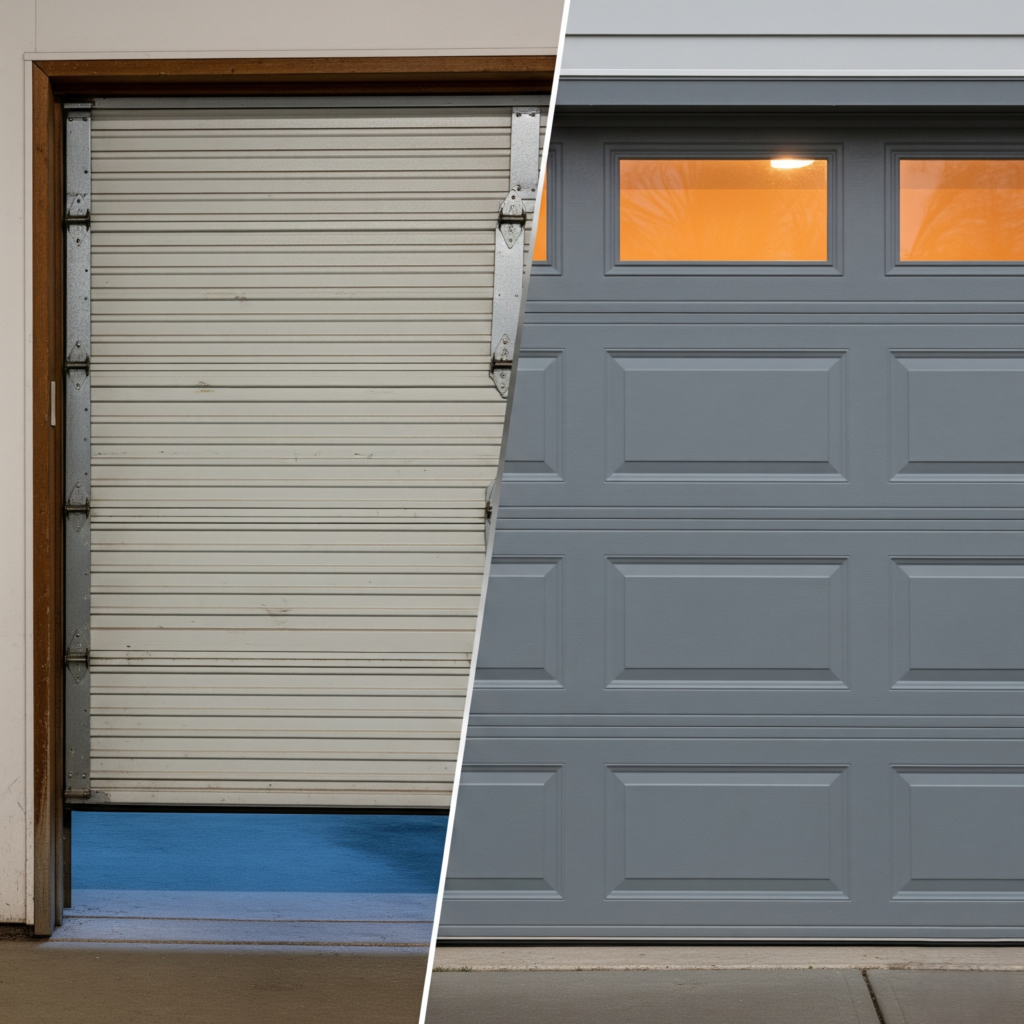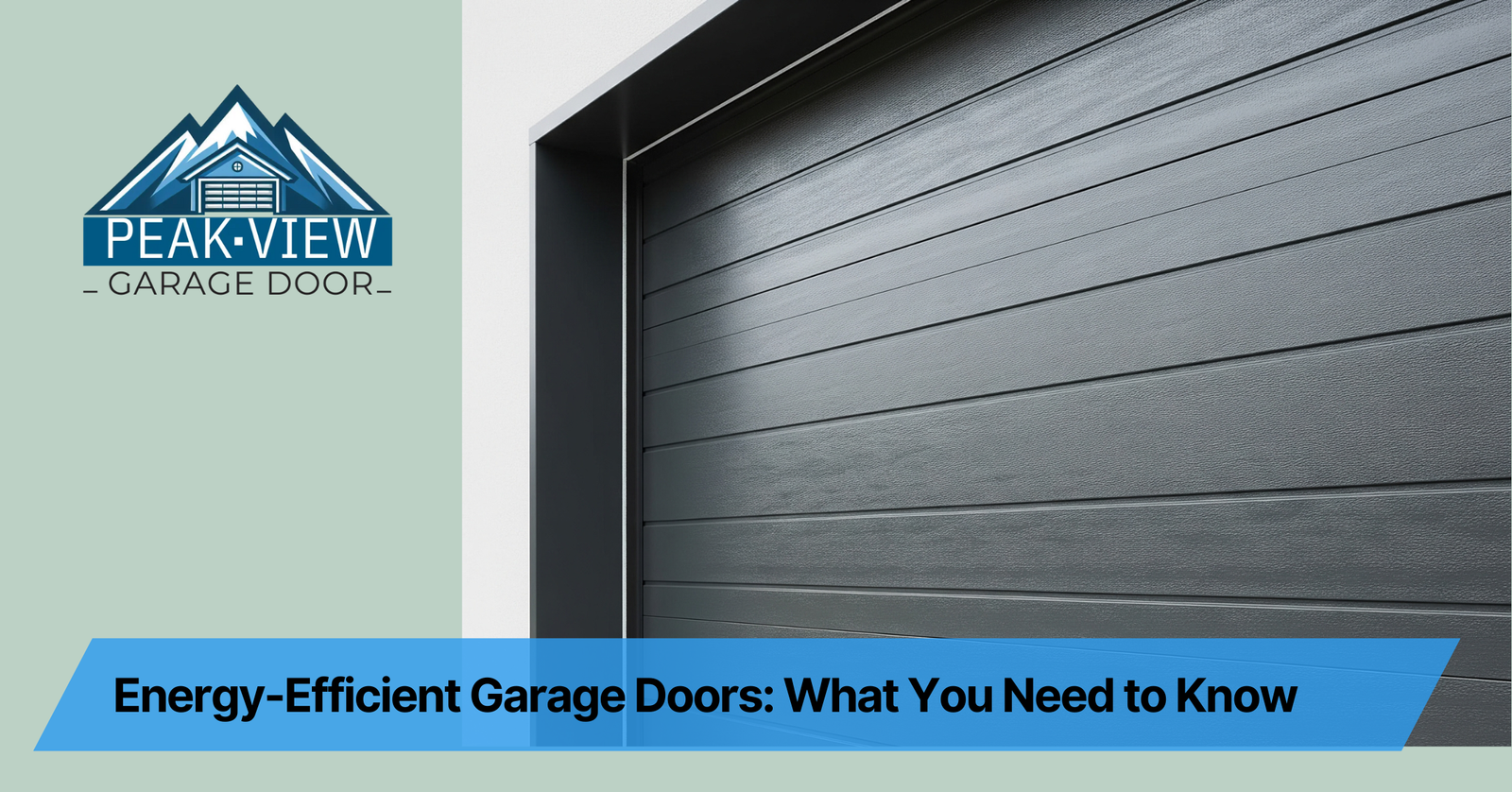Introduction
Garage doors play a significant role in your home’s overall energy efficiency, yet many homeowners overlook their impact. An energy-efficient garage door not only helps regulate your home’s temperature but also reduces utility costs and enhances comfort. Whether your garage is attached or detached, investing in the right door can lead to long-term savings and environmental benefits.
Why Energy Efficiency Matters for Garage Doors
Garage doors are large openings that can account for significant heat loss or gain if poorly insulated. This is especially true for attached garages that share walls with your living space. Energy-efficient garage doors prevent drafts, keep the garage warmer in winter, and cooler in summer, reducing the load on your HVAC system.
Key Features of Energy-Efficient Garage Doors
1. Insulation Materials
- Polystyrene Insulation: Lightweight and cost-effective, polystyrene offers decent thermal resistance.
- Polyurethane Insulation: Denser and more effective, polyurethane provides superior R-values and durability.
- Double or Triple Layer Construction: Doors with multiple layers sandwiching insulation improve thermal performance and strength.
2. Weatherstripping and Seals
Effective weatherstripping around the door edges prevents air leaks, dust, and moisture infiltration. High-quality seals contribute significantly to energy savings.
Types of Energy-Efficient Garage Doors
1. Steel Garage Doors with Insulation
Steel doors combined with foam insulation are popular for their durability and excellent thermal resistance.
2. Wood Garage Doors with Insulation Core
Wood doors with insulated cores offer a traditional aesthetic with modern energy benefits.
3. Composite Doors
Composite doors blend materials like wood fibers and plastics, offering both insulation and low maintenance.
R-Value: Understanding Garage Door Insulation Ratings
The R-value measures the door’s resistance to heat flow. The higher the R-value, the better the insulation. For cold climates, aim for doors with R-values between 12 to 18. In milder climates, an R-value of 6 to 12 is usually sufficient.
Additional Benefits of Energy-Efficient Garage Doors
- Noise Reduction: Insulated doors reduce outside noise, making your garage and home quieter.
- Enhanced Durability: Insulated doors often have reinforced cores, making them sturdier against dents and impacts.
- Increased Home Value: Energy-efficient upgrades are attractive to buyers and can increase your home’s resale value.

Installation Tips for Maximum Efficiency
- Ensure proper sealing of door edges and gaps.
- Use professional installers who understand insulation and weatherproofing techniques.
- Regularly inspect and maintain seals to prevent air leaks over time.
Cost Considerations
Energy-efficient garage doors typically cost more upfront due to insulation and construction quality. However, the reduction in heating and cooling costs often pays off over time. Many manufacturers offer warranties and energy efficiency certifications to guarantee performance.
Conclusion
Upgrading to an energy-efficient garage door is a smart investment that enhances your home’s comfort, saves money on energy bills, and contributes to environmental sustainability. By choosing the right insulation, seals, and materials, you can enjoy a quieter, more efficient garage space year-round. Contact us today!






